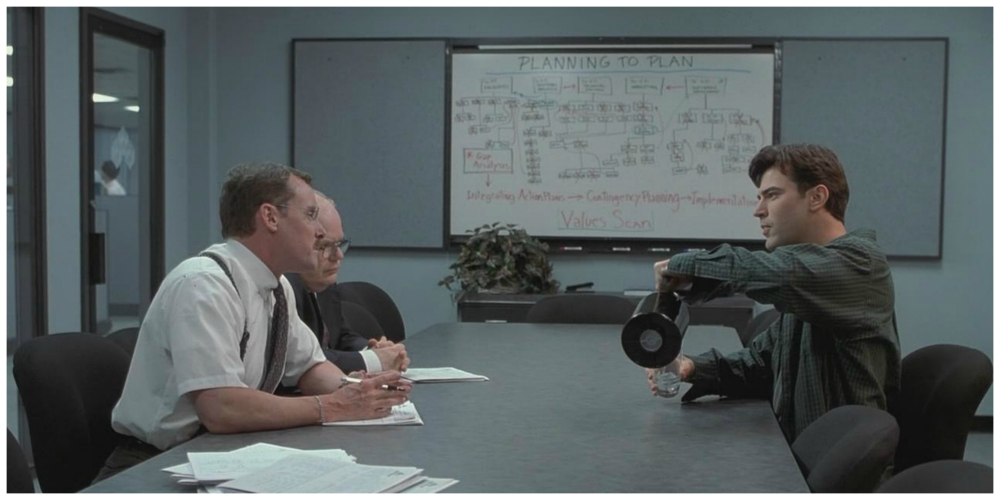My father has taught me to appreciate language and the precise meaning of words. Steve Martin put it best when he declared:
“Some people have a way with words, and other people…oh, uh, not have way.”
An example of the latter immediately jumped off the page and grabbed my attention the other night. I had received The Effective Engineer in the mail. I read a review of the book on Henrik Warne’s programming blog, which I recently subscribed to and highly recommend. So I ordered the book. Looking at the back cover, I read the following blurb written by an industry veteran praising, or attempting to praise, the book I held in my hands.
“I’d recommend this book to any engineer who’s either just starting their career, looking to rapidly improve their skills, or planning to mentor other engineers. I’m already planning to suggest we give a copy to every new engineer who joins Dropbox.” -Alex Allain, Engineering Manager at Dropbox
I find Henrik’s writing clear, concise, and very insightful. He recommends this book, so I won’t let one poorly written blurb dissuade me from reading it. More relevant, this blurb wasn’t written by the author, so its poor construction shouldn’t affect my view of the author’s writing ability. Nonetheless, I found myself fixated on those two disastrous sentences.
I mean, this is not extemporaneous speaking. I assume the blurb writer had plenty of time to construct coherent sentences that articulate his thoughts, and this is what he produced? What’s especially disappointing is this was written by an experienced programmer. The ability to clearly express ideas in written language is paramount to successful programming. One could argue it is programming, full stop.
What’s wrong with this blurb? Let’s start with the second sentence.
- I’m already The writer suggests action on his part. Present tense. This is happening now! Because of me.
- Planning Whoa, that’s hedging a bit. The writer merely is preparing to do something.
- To suggest Not implement or initiate, just suggest. So this may or may not happen?
- We give Finally the verb. Wait, who’s this we? Is the writer dumping an assignment on others? What happened to I?
The first sentence, while not as tortured as the second, still manages to hedge. “I’d” means “I would” and implies… but I haven’t. The noncommittal language of the blurb reminds me of the background of a scene in Office Space. Planning to Plan.
Also this from Spaceballs:
“Why are you preparing? You’re always preparing. Just go!”
I showed the book blurb to my wife and said I should write a blog post about it, just to get the grammar police issue off my chest. She made a funny comment. She said:
“Wouldn’t it be funny if this Engineering Manager read your blog post, got mad about it, and wrote a nasty comment? He’d tell you to go F yourself. No wait, he’d say he was planning to suggest you go F yourself.”



